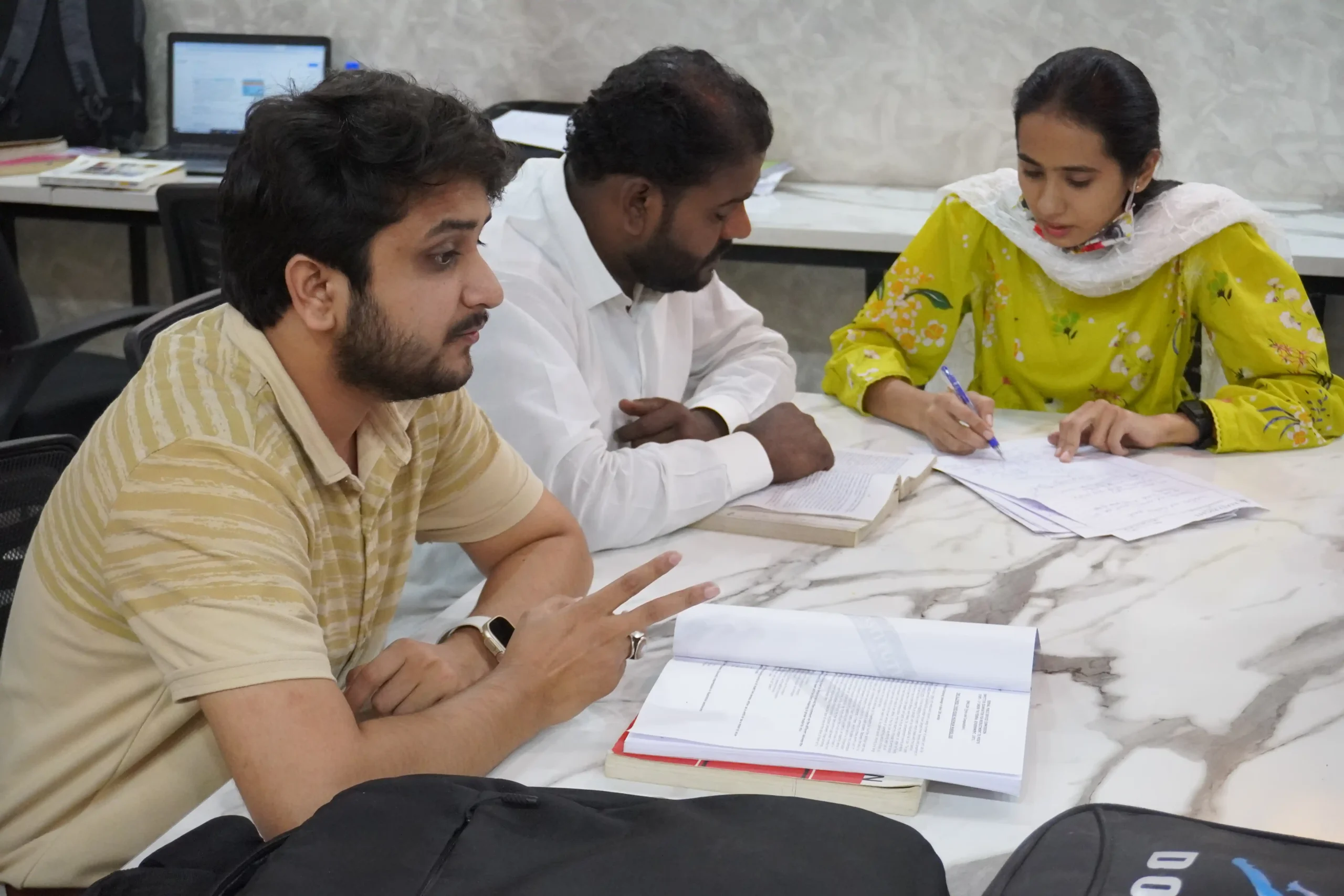
How to start CSS preparation Journey
Central Superior Services (CSS) exam in Pakistan is a competitive exam conducted by the Federal Public Service Commission (FPSC) to recruit candidates for various civil services positions in the government. This exam is highly prestigious, and many aspirants dream of joining the civil services to serve the nation. If you’re considering taking the CSS exam, it’s important to approach the process systematically. Here’s a step-by-step guide on how to start your CSS preparation.
1. Understand the CSS Exam Structure and Eligibility
- Age Limit: Candidates must be between 21 and 30 years old.
- Educational Qualification: A bachelor’s degree from a recognized university is required to appear in CSS
- Exam Components: The CSS exam comprises a written examination, medical examination, psychological assessment, and viva voce (interview).
2. Familiarize Yourself with the Syllabus:
- Compulsory Subjects: These include Compulsory Subjects (Total: 600 Marks)
- English Essay (100 Marks)
- English Precis & Composition (100 Marks)
- General Science & Ability (100 Marks)
- Current Affairs (100 Marks)
- Pakistan Affairs (100 Marks)
- Islamic studies (100 Marks) – Non-Muslims have the option to choose a paper in Comparative Religion instead.
- Optional Subjects: Candidates select subjects totaling 600 marks from optional groups. Based on your:
- Interest and Academic Background
- Scoring Trends and Syllabus Overlap
3. Gather Recommended Study Materials:
- Books: Get one to two books for each subject as per FPSC recommendations or CSS qualifiers.
- Past Papers: Review previous years’ papers to understand question patterns and important topics.
- Online Resources: Utilize reputable online platforms for supplementary study materials and updates such as You tube, Wikipedia and International magazines like The Economist, The New York Times or Foreign Affairs
4. Approaches to prepare for CSS Exams
One can choose between preparing CSS exams in academy or going for self-study. Both have advantages over each other but pursing CSS preparation in academies is the choice of most students. As the students who prefer self-study experience;
- Lack of Structured Guidance
- Limited Access to Expert Mentorship
- Difficulty in Selecting Resources
- Inadequate Mock Test Practice
- Lack of Motivation and Discipline
- Limited Understanding of Exam Trends
5. Choose the right academy
Selecting the right academy is the crucial step in preparing for CSS. An academy’s reputation, success rate, and quality of faculty are critical factors to consider. An ideal academy not only covers the syllabus comprehensively but also provides personalized feedback and mentorship. Considering all these factors, Read Right is the top choice for most students where a comprehensive study plan is available for the beginners.
6. Follow the Academy’s Schedule Diligently
Treat the academy’s schedule as your own and attend all classes regularly. Stay disciplined by completing assignments, taking notes during lectures, and revising what is taught each day. Participate in discussions, as they help in developing analytical thinking and improve retention.
7. Develop a Structured Study Plan of your own:
Set aside fixed hours each day for study and fragment your preparation into manageable parts. A good timetable might look like:
- Morning: Starting at 8am, fix 2 hours for cramming objective part of English précis. Spend 1 hour on practicing Essay outline. Take an hour break
- Midday: Spend 2-3 study hours on Pakistan Affairs and prepare short notes side-by-side.
- Evening: In the evening attend your classes if you are enrolled in any academy. After classes, move towards your home without wasting any time.
- Night: In the night, spend 2-3 hours on any other optional subject and revise your lectures.
8. Combine Academy Learning with Self-Study
Remember that academies provide guidance, but the bulk of preparation depends on your self-discipline and effort. Revise topics covered in the academy daily and supplement your knowledge with additional readings from recommended books and credible sources.
9. Participate in Mock Tests and Practice Sessions
Once you have comprehensively covered each subject and have prepared your hand written notes, shift to mock exams conducted by the academy to simulate real exam conditions. Then, use these tests to assess your time management, identify weak areas, and refine your exam strategy. Review your performance critically, and work on improving areas highlighted by mentors. Also, Use feedback for improvement.
Conclusion:
To conclude, it is highly recommended to surround oneself with supportive peers or mentors and drawing inspiration from successful candidates to further boost morale. As, CSS is the journey of intellectual growth, personal development, and the opportunity to serve the nation, for those who persevere, the rewards extend beyond the exams.

